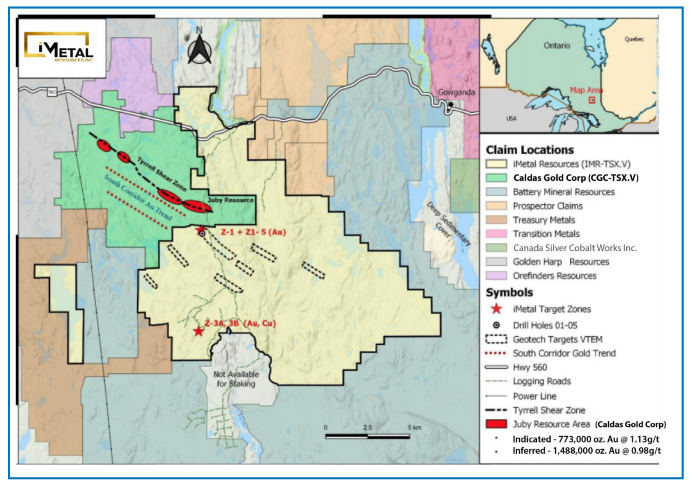QE3 and the Looming Danger of Currency Wars
Source: MarketWatch, Michael Casey (4/19/12)
"If Fed officials' assurances of continued support for the U.S. recovery have released feel-good endorphins among wishful thinkers on Wall Street, their subtle admissions that QE3 is not off the table may equally have sent central bankers of emerging market countries into a cold sweat."
MarketWatch, Michael Casey
Like Pavlov’s dog, which would salivate at the sound of a bell, U.S. stock market investors will these days launch into a buying frenzy at the faintest hint of more monetary stimulus.
But if Federal Reserve officials’ assurances of continued support for the U.S. recovery have released feel-good endorphins among wishful thinkers on Wall Street, their subtle admissions that a third round of "quantitative easing," or QE3, is not off the table may equally have sent emerging market central bankers into a cold sweat.
Financial authorities in developing countries fear their economies will be in the line of fire if U.S. economic conditions deteriorate so much that the Fed again starts buying bonds to anchor U.S. interest rates. They know from experience that many of the dollars the Fed injects into the financial system would flow offshore and into their currencies, whose higher yields are more attractive to investors. This “hot money” would push up their exchange rates to the detriment of their exporters and leave their capital markets vulnerable to volatile turns in sentiment.
If these policymakers were to respond to QE3 as many did to QE2—by buying dollars in the foreign exchange market, cutting interest rates or otherwise quelling exchange rate appreciation—they would revive what Brazilian Finance Minister Guido Mantega alarmingly described in 2010 as a “currency war.” With their export leaders complaining of a loss of competitiveness, central bankers would come under immense political pressure to protect vital industries and to go soft on inflation, often a byproduct of a weaker currency. And this time, global conditions are such that their actions could set off a self-perpetuating cycle of competing devaluations that does considerable damage to the world trading system. . .View Full Article
Like Pavlov’s dog, which would salivate at the sound of a bell, U.S. stock market investors will these days launch into a buying frenzy at the faintest hint of more monetary stimulus.
But if Federal Reserve officials’ assurances of continued support for the U.S. recovery have released feel-good endorphins among wishful thinkers on Wall Street, their subtle admissions that a third round of "quantitative easing," or QE3, is not off the table may equally have sent emerging market central bankers into a cold sweat.
Financial authorities in developing countries fear their economies will be in the line of fire if U.S. economic conditions deteriorate so much that the Fed again starts buying bonds to anchor U.S. interest rates. They know from experience that many of the dollars the Fed injects into the financial system would flow offshore and into their currencies, whose higher yields are more attractive to investors. This “hot money” would push up their exchange rates to the detriment of their exporters and leave their capital markets vulnerable to volatile turns in sentiment.
If these policymakers were to respond to QE3 as many did to QE2—by buying dollars in the foreign exchange market, cutting interest rates or otherwise quelling exchange rate appreciation—they would revive what Brazilian Finance Minister Guido Mantega alarmingly described in 2010 as a “currency war.” With their export leaders complaining of a loss of competitiveness, central bankers would come under immense political pressure to protect vital industries and to go soft on inflation, often a byproduct of a weaker currency. And this time, global conditions are such that their actions could set off a self-perpetuating cycle of competing devaluations that does considerable damage to the world trading system. . .View Full Article


























































